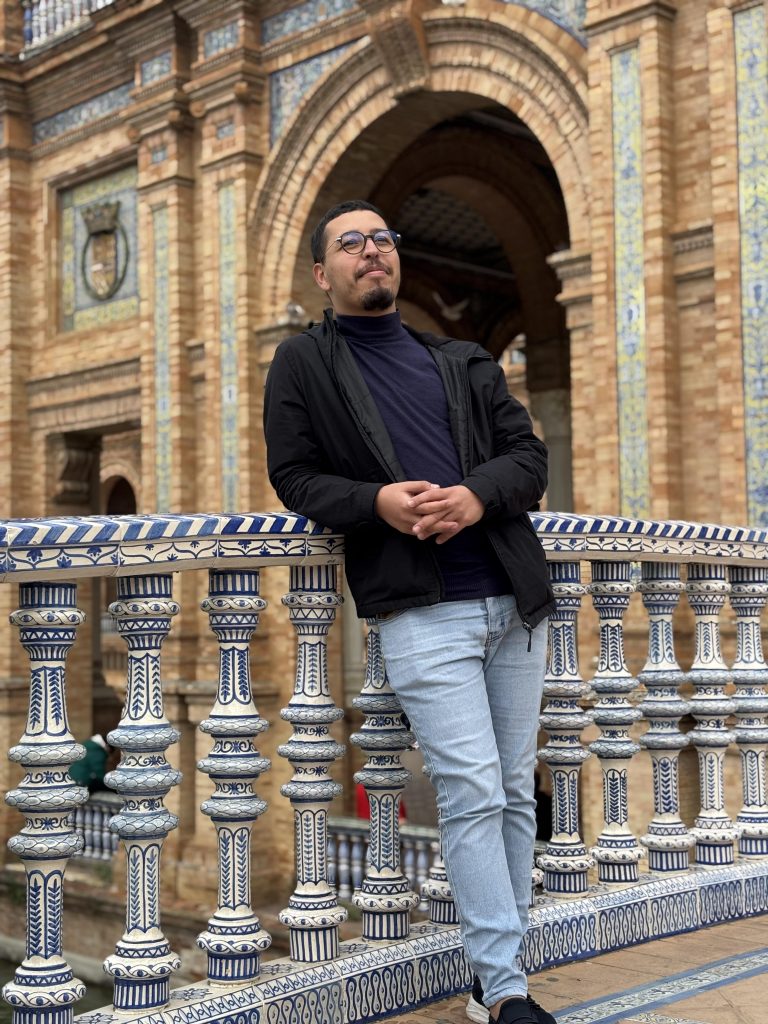Advancing Neural Networks and Computational Intelligence in A Coruña
The 18th International Work-Conference on Artificial Neural Networks (IWANN 2025) successfully concluded its three-day gathering in A Coruña, Spain, from June 16-18, 2025. This biennial conference continued its impressive 34-year legacy, bringing together researchers, engineers, educators, and students from around the world to explore the latest advancements in nature-inspired computational systems.
IWANN 2025 provided an exceptional forum for discussion on the foundations, theories, models, and applications of systems inspired by nature, with particular emphasis on computational intelligence methodologies. The conference featured a diverse range of topics under its umbrella, showcasing cutting-edge research and emerging trends in artificial neural networks and related fields.
PeerJ Congratulates Abdelkader Haddag – winner of the Early Career Researcher best presentation award & Carlos Cano – winner of the Best poster award.
Abdelkader Haddag, Ph.D. candidate at the University of Science and Technology of Oran – Mohamed-Boudiaf (USTO-MB)
 Can you tell us a bit about yourself and your research interests?
Can you tell us a bit about yourself and your research interests?
I hold a Master’s degree in Artificial Intelligence and its Applications from USTO-MB. My passion for AI began in childhood, inspired by futuristic shows like Knight Rider and Stargate, which sparked my dream of creating intelligent machines with human-like cognitive abilities. With a strong interest in mathematics and engineering, I chose to study Mathematics and Computer Science, eventually specializing in Artificial Intelligence. Today, my research focuses on understanding biological systems and incorporating their principles into AI applications, with a special interest in bio-inspired computing.
What first interested you in this field of research?
I have always wanted to use AI research to make a real difference—especially in promoting healthy living for people with limited means or with physical and psychological challenges. I believe AI should serve humanity, helping to save lives and improve well-being. This motivation led me to explore Human Action Recognition in my Ph.D., with applications ranging from elderly care to athletic performance improvement and public safety. My interest in bio-inspired approaches also stems from my concern over climate change, which has motivated me to seek more sustainable, nature-inspired AI solutions.
Can you briefly explain the research you presented at IWANN 2025?
Our work addresses a pressing challenge in AI: while modern deep learning models are powerful, they also have high computational and environmental costs that run counter to global sustainability goals. We explored spiking neural networks (SNNs) as a more energy-efficient, biologically inspired alternative. We evaluated multiple spiking neuron models, proposed a new spiking layer trained with surrogate gradients, and tested it across different feature extraction scenarios in fully connected SNNs. We also introduced a new metric to guide researchers in making better design and training decisions, both within a single model and across different models.
What are your next steps?
We are now extending this work to develop an efficient Human Action Recognition system using SNNs. Although the project is still underway, we are highly optimistic about its potential. In parallel, we are exploring related projects that use bio-inspired algorithms for motion analysis without fully replicating biological networks. We also plan to release our models and code as open-source resources so others can build upon and enhance this underexplored research area.
What is your long-term vision?
After completing my Ph.D., I plan to pursue a postdoctoral position and work alongside biologists and medical doctors on advanced research in virology and bacteriology. My aim is to help discover innovative solutions that could improve global health and enhance the quality of life for millions. I truly believe that science has the power to make the world a better place—and it is the dedication of scientists that will help us achieve such a future.

